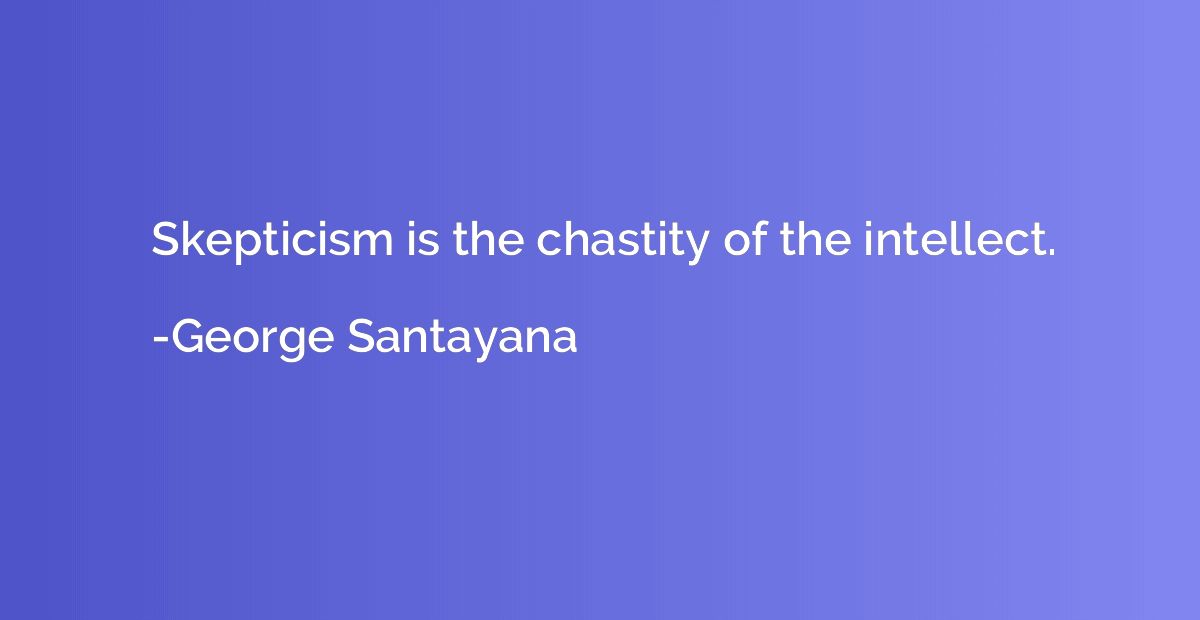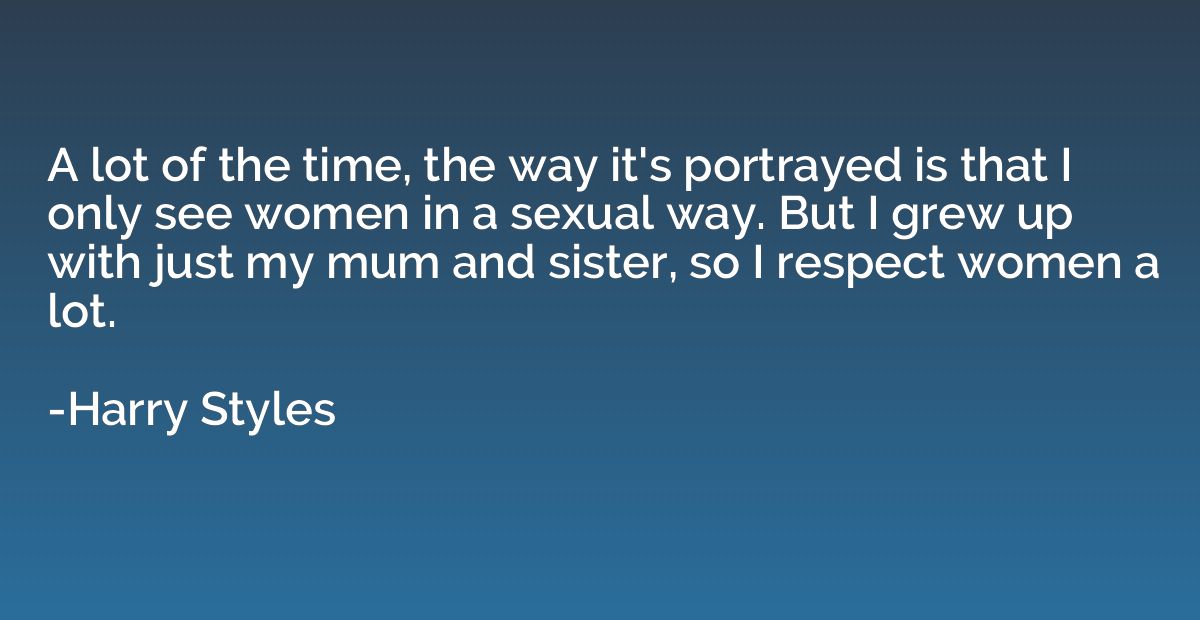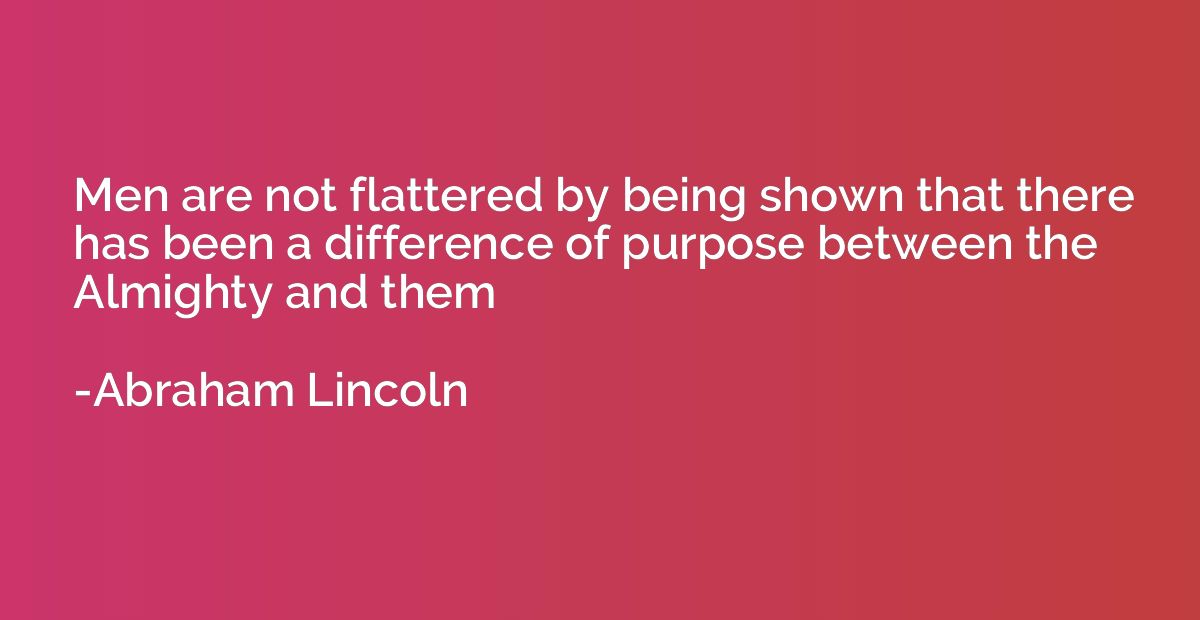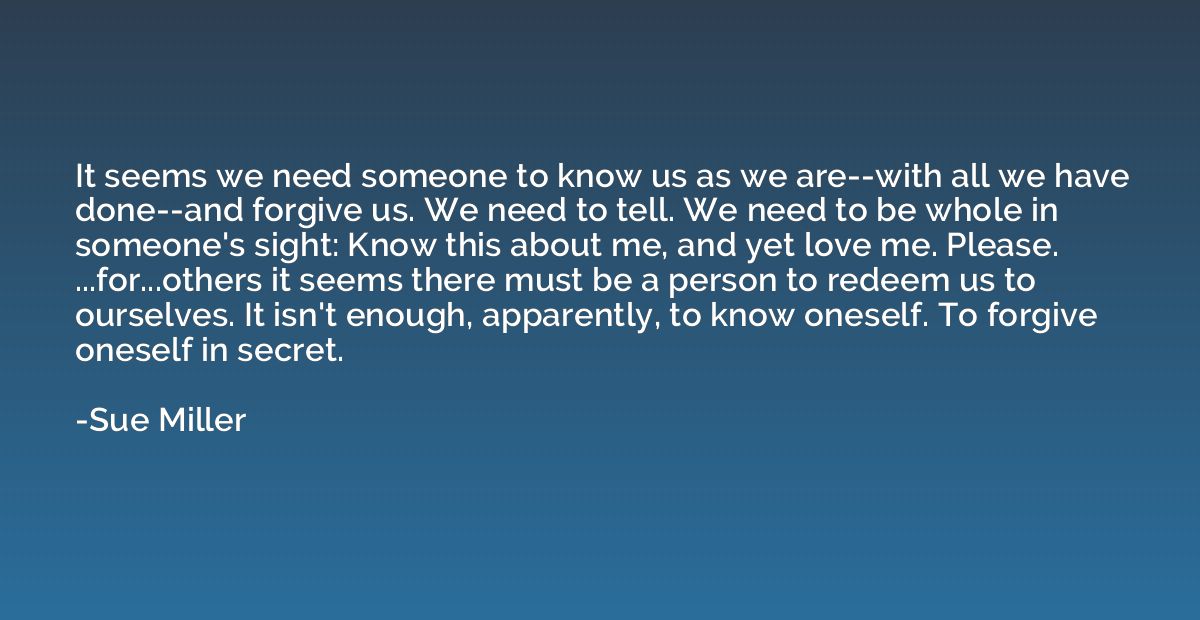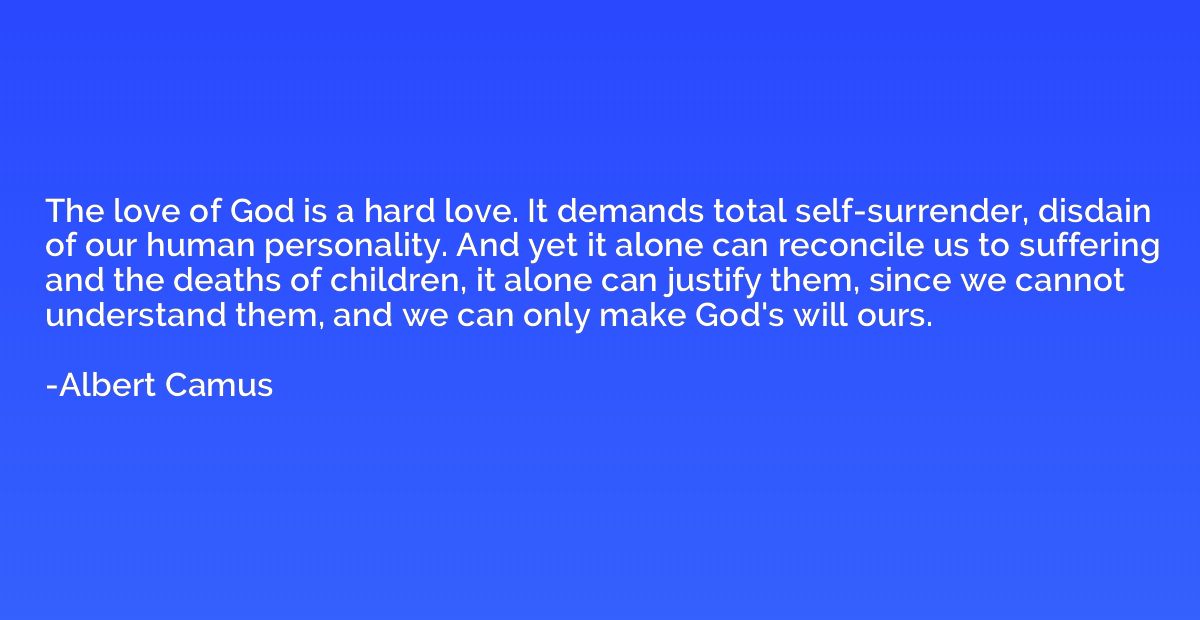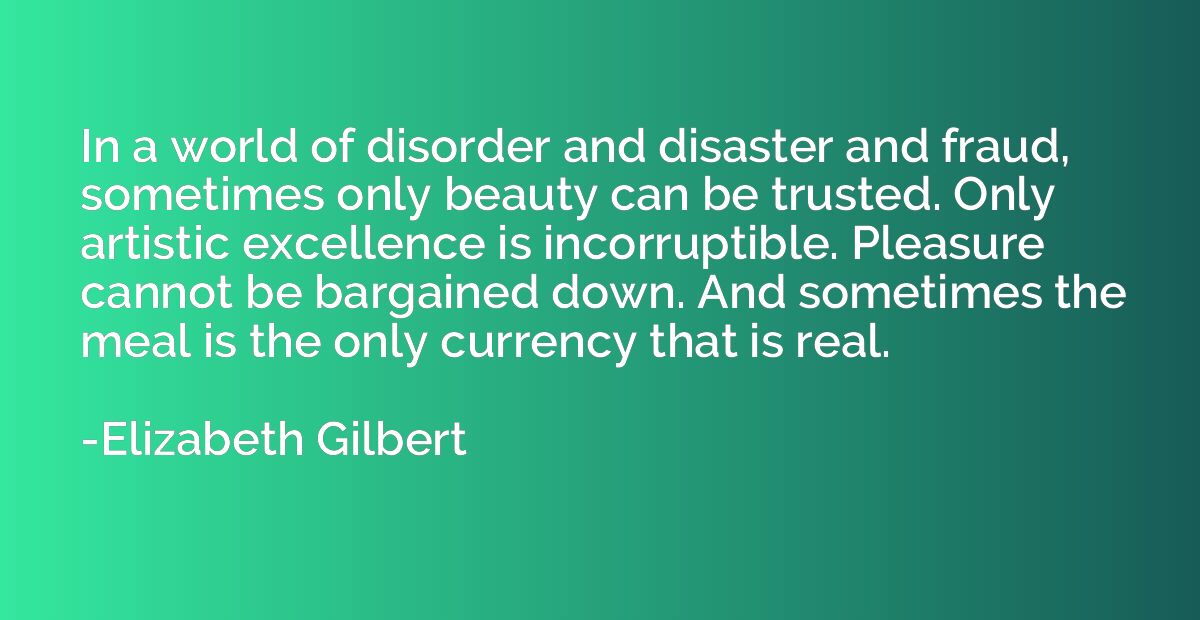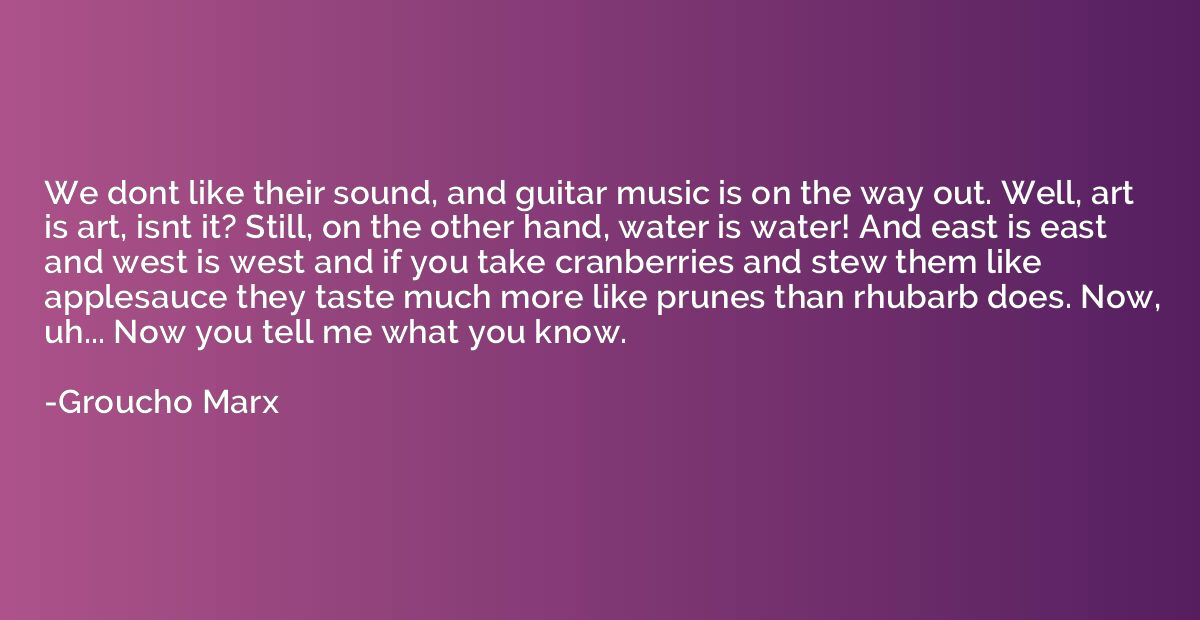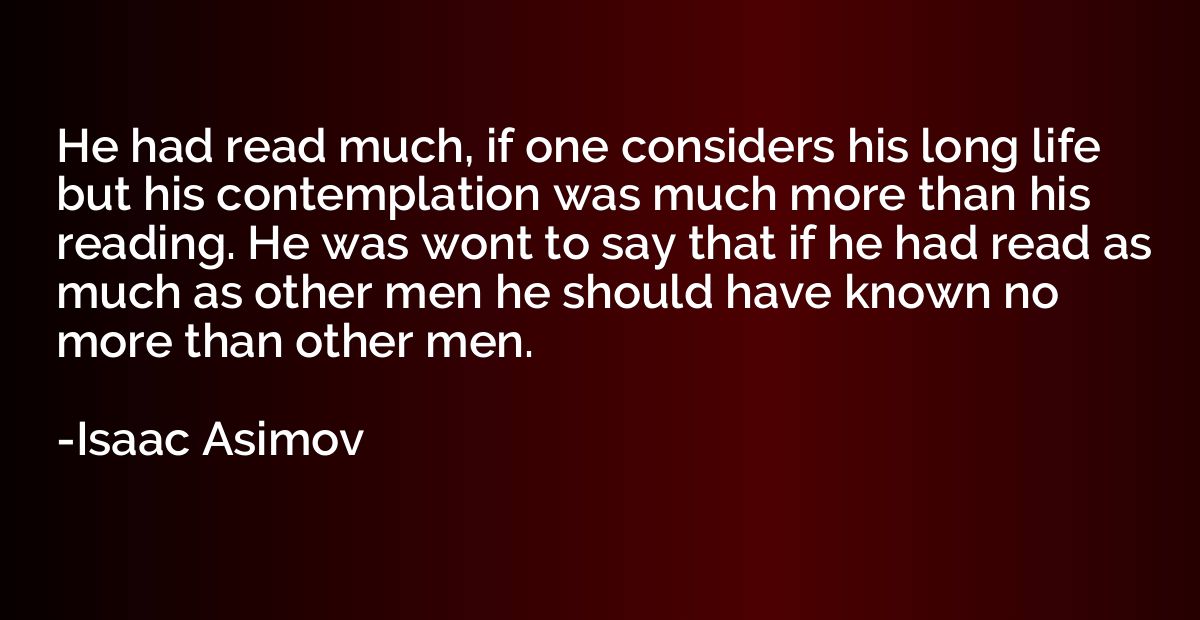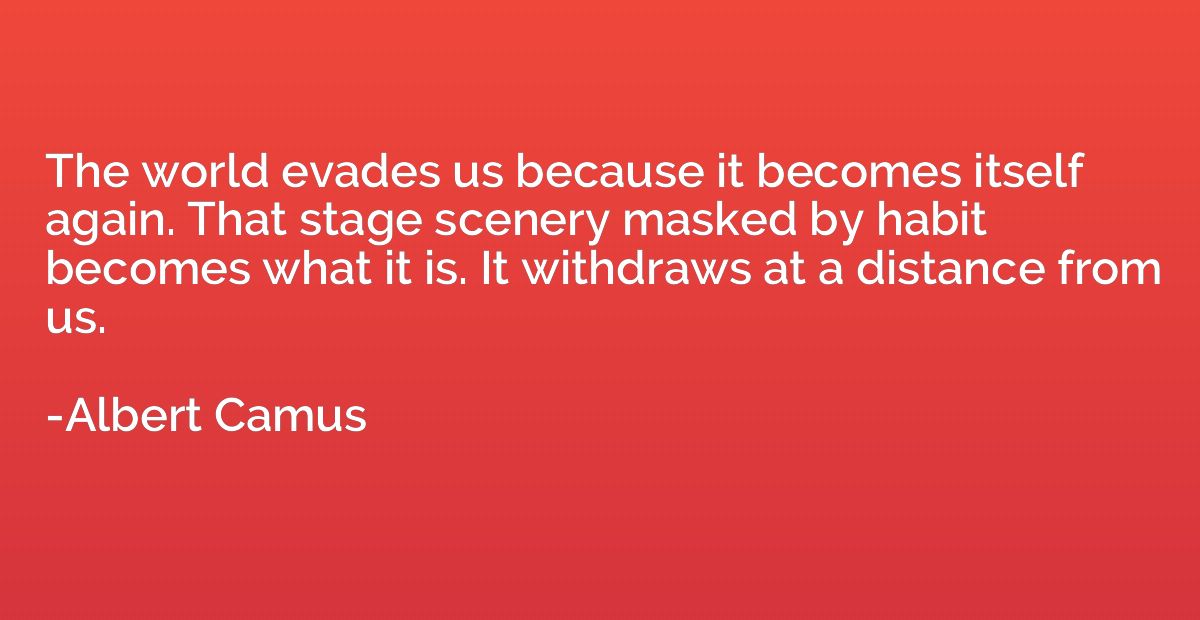Summary
This quote implies that skepticism, or having a critical and doubting attitude, is necessary for intellectual integrity and purity. Similar to how chastity is seen as a virtue that protects one's morals and ethics, skepticism protects the intellect from blindly accepting beliefs or knowledge without proper examination or evidence. By doubting and questioning, skepticism fosters intellectual honesty and prevents intellectual corruption or credulity. It encourages a mindset driven by logical reasoning and scrutiny, ultimately leading to more accurate and trustworthy intellectual conclusions.
